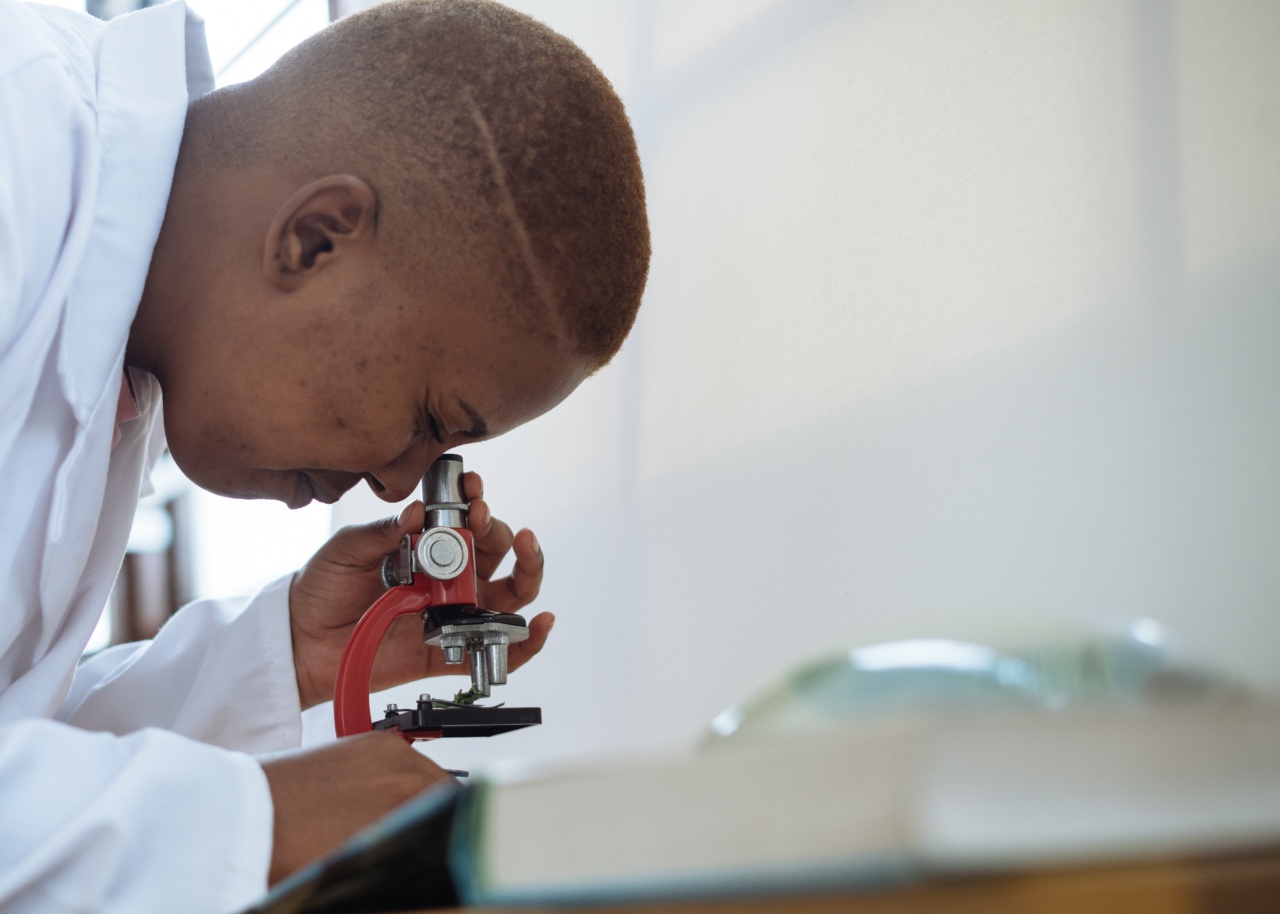When it comes to the human body, the nose is one of the most fascinating parts. Not only does it play an important role in our sense of smell, but it also has a significant impact on our overall health and well-being.
In this article, we’ll explore the science of the nose and how it affects both children and adults.
What is the Nose?
The nose is a complex organ that consists of bones, cartilage, and soft tissue. It is located in the center of the face and is responsible for a variety of functions, including breathing, smelling, and filtering the air we breathe.
In addition to the physical components of the nose, there are also numerous nerve endings that help us detect different scents and odors.
The Anatomy of the Nose
Inside the nose, there are two nasal passages that are separated by a thin wall called the septum.
The nasal passages are lined with thin, moist tissue called the mucous membrane, and are divided into four parts: the vestibule, the nasal cavity, the sinus cavity, and the nasopharynx.
The vestibule is the most outer part of the nasal passage and contains the hairs that help filter the air we breathe. The nasal cavity is the main part of the nose and is divided into three regions: the inferior, middle, and superior meatus.
The sinus cavity is located behind the nasal cavity and is responsible for producing mucus to help keep the nasal passages moist. Finally, the nasopharynx is a narrow passageway that connects the nasal cavity to the back of the throat.
The Function of the Nose
The nose performs a variety of functions that are essential to our overall health. One of the most important functions of the nose is breathing.
The nasal passages help filter and humidify the air we breathe, which helps prevent irritation and dryness in the lungs.
In addition to breathing, the nose is also responsible for detecting different scents and odors.
The olfactory receptors in the nose are capable of detecting thousands of different smells, which can trigger specific physiological and emotional responses in the body.
The Nose and Health
The health of the nose is essential to our overall well-being. When the nose is functioning properly, it helps prevent respiratory infections and other illnesses by filtering out harmful bacteria and viruses from the air we breathe.
However, when the nose is not functioning properly, it can lead to a variety of health problems. One common condition that affects the nose is rhinitis, which is inflammation of the nasal passages.
Rhinitis can cause a variety of symptoms, including nasal congestion, runny nose, and sneezing.
The Nose in Children
The nose plays an important role in the health and development of children. Children breathe through their noses more often than adults, which means that the proper functioning of the nose is essential for their overall health.
One common problem that affects the nose in children is allergies. Allergies can cause inflammation of the nasal passages, which can lead to a variety of symptoms, including nasal congestion, runny nose, and sneezing.
In addition to allergies, children are also susceptible to respiratory infections such as the common cold. These infections can cause inflammation of the nasal passages and lead to symptoms such as congestion, coughing, and sore throat.
The Nose in Adults
The nose also plays an important role in the health of adults. As we age, our sense of smell may start to decline, which can affect our overall quality of life. In addition, adults may be more prone to conditions such as allergies and chronic sinusitis.
One common condition that affects the nose in adults is nasal polyps, which are growths that occur in the nasal passages. Nasal polyps can cause symptoms such as congestion, runny nose, and loss of smell.
Caring for the Nose
Caring for the nose is essential to maintaining good health. This includes keeping the nasal passages moist and avoiding exposure to irritants such as smoke and pollution.
One of the best ways to care for the nose is to practice good hygiene. This includes washing the hands regularly and avoiding close contact with sick individuals.
In addition, it is important to avoid smoking and exposure to secondhand smoke, which can irritate the nasal passages and lead to a variety of health problems.
Conclusion: The Science of the Nose
The nose is a complex and fascinating part of the human body. It plays an essential role in our sense of smell, breathing, and overall health and well-being.
Whether you are a child or an adult, caring for your nose is essential to maintaining good health and preventing a variety of health problems.































